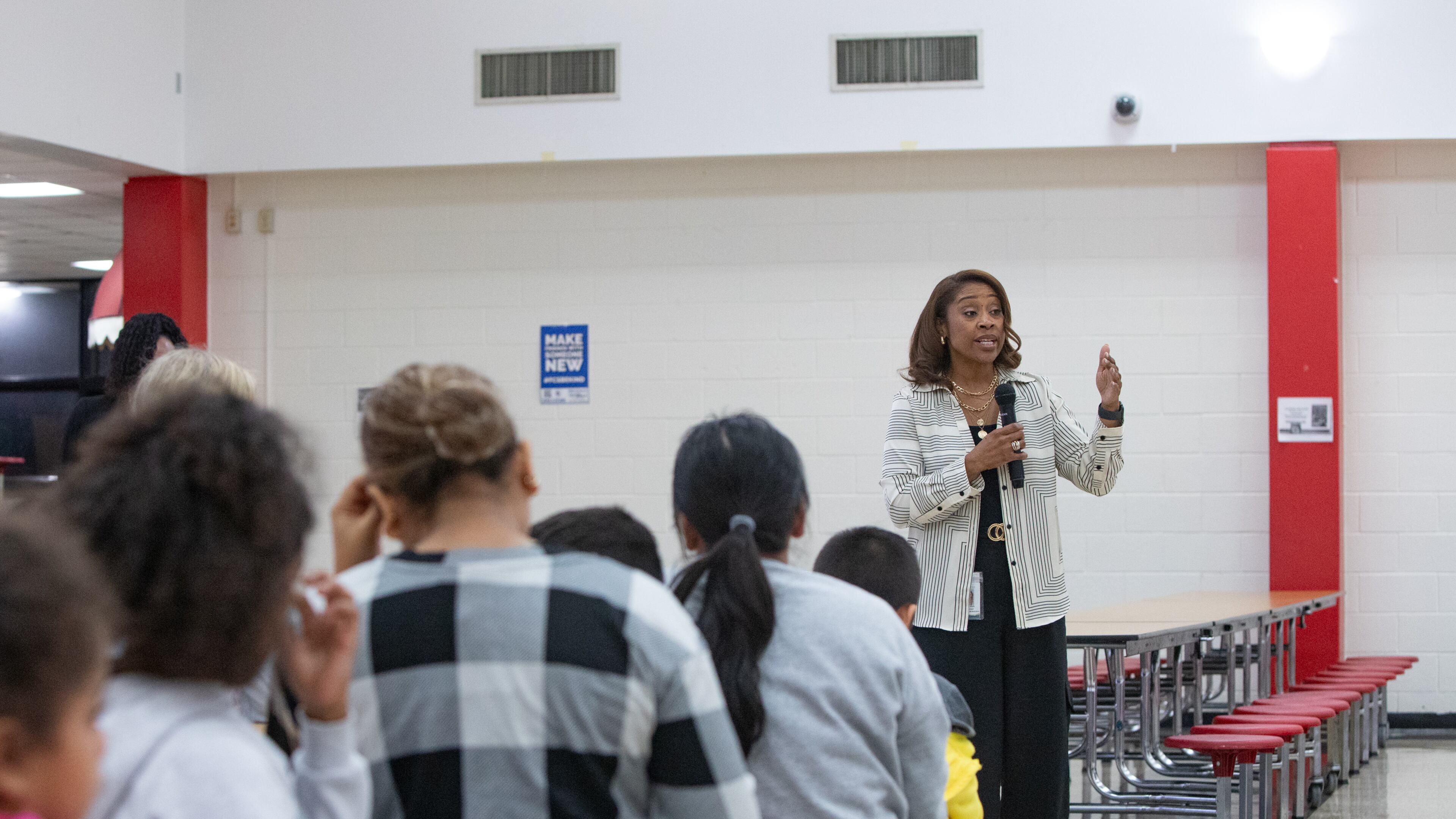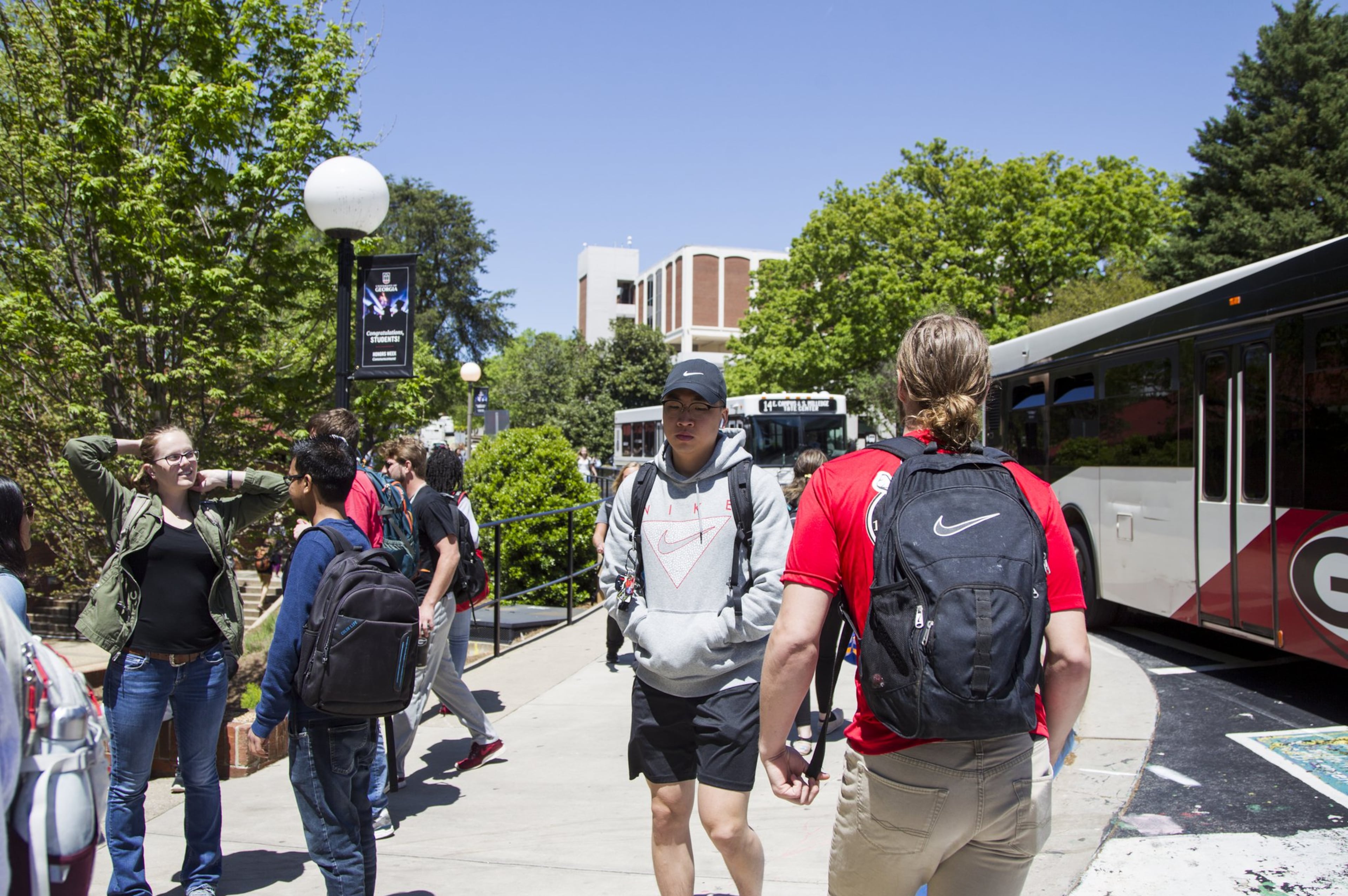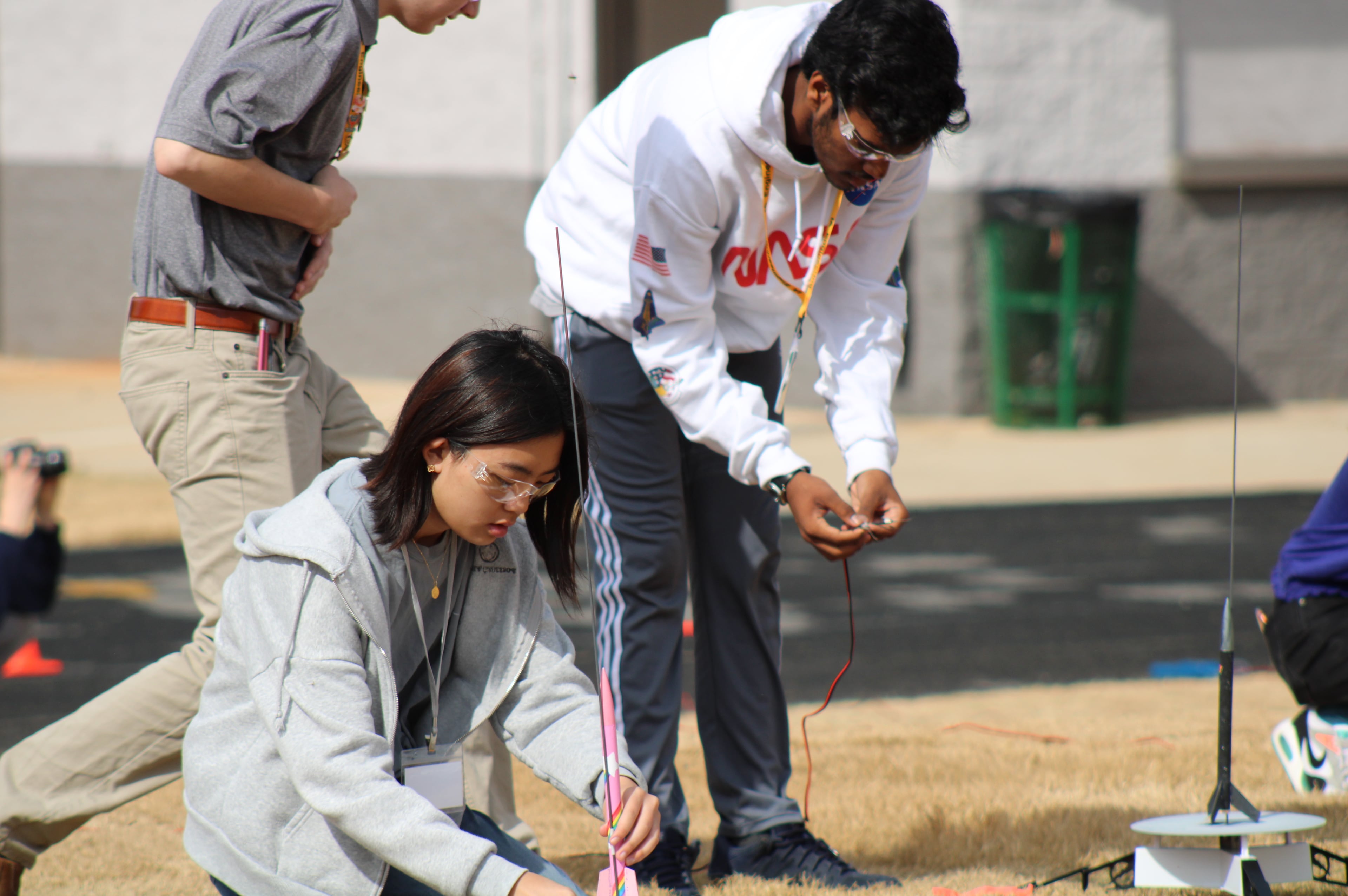The case against reactive school closures

Declining student enrollment is not a challenge unique to Fulton County; it is a nationwide issue that has emerged as a significant concern for public education.
For example, national enrollment rates have dropped significantly over the past decade, with many districts seeing declines because of lower birth rates, population shifts and the lasting effects of remote learning post-COVID. These trends underscore the urgency for comprehensive, strategic planning to address the issue holistically and avoid ad hoc solutions. Addressing this issue requires thoughtful, comprehensive planning — not piecemeal solutions. The “Case to Save Spalding Drive” is a community-driven response to the potential closure of a beloved neighborhood school. It emphasizes the importance of developing a comprehensive master plan to tackle declining enrollment holistically. Such a plan ensures decisions are made with a long-term vision rather than as reactive measures to immediate pressures. (The Fulton County school board is scheduled to take an initial vote Thursday on a staff recommendation to close Spalding Drive and Parklane elementary schools.)
School buses, after-school programs, extracurricular activities and family engagement opportunities are core parts of public schools, which truly are assets to our communities. They represent years and years of dedication by engaged teachers, leaders, parents and students. The unique position of Spalding Drive Elementary School in Sandy Springs is that it not only serves as a strong academic institution, but also stands as an even stronger community. The children at this school feel secure and safe in their academic and social setting with teachers and staff they trust and know.

We are still recovering from the effects of COVID-19, and for many young and vulnerable students, school is the only stable environment they know outside of their homes. There is a striking parallel between the closure of hospitals in metro Atlanta over the past five years and the potential closure of a neighborhood school. Hospital closures disrupted access to critical services, fragmented established patient-caregiver relationships and left communities without trusted support systems.
Similarly, closing a school threatens to dismantle vital connections and stability that children and families rely on daily. Closing a school — like closing a hospital — alienates students (or patients) from the environments they know and trust for their education (or health care). Time and time again, these decisions are made without adequately considering the perspectives and efforts of front-line workers, instead focusing purely on financial metrics.

The abrupt closure of a school and the redistribution of students, as if they were objects, does not prioritize the best outcomes for them academically or socially. Instead, it sends a disheartening message that public sectors, such as education and health care, which citizens depend on, are driven solely by financial considerations rather than quality and relationships.
The education workforce, much like the health care workforce, has been disrupted since COVID-19. Teacher and personnel staffing shortages are a national issue. Teachers and school administrators, like students, are not interchangeable objects that can be easily moved to another school with expectations of maintaining high job satisfaction and effectiveness. Closing their “work home” significantly impacts their tenure within Fulton County Schools and their long-term careers in education. Similarly, in health care, if one hospital closes, a physician or nurse cannot simply transfer to another facility and immediately operate at the same level of efficiency and care. It takes years to build and sustain successful employee cultures in any workplace, whether it’s a school or a hospital. The closure of a school will create a ripple effect, dismantling the culture of one school and disrupting the cultures of surrounding schools as they absorb new students and personnel. Although a new culture might eventually emerge, it will require significant time and investment to nurture and sustain.
Regardless of political perspectives, as a community, we understand the importance of stable leadership, especially during times of significant decision-making such as potential school closures. Stable leadership provides the foresight and consistency necessary to navigate these challenges effectively, ensuring the impacts on students, teachers and communities are minimized. With a new president leading the country, the U.S. Department of Education faces challenges in terms of infrastructure and function. This national leadership transition has the potential to create significant disruption across societies. Why, then, would we compound this disruption by closing a public school, especially when larger infrastructure and organizational changes in education might already be on the horizon?
Closing Spalding Drive Elementary would not only dismantle a thriving academic institution but also disrupt a strong and supportive community. When stability and trust are paramount, preserving this vital asset is essential for the well-being of students, teachers and the community at large.
Proper long-term planning of school consolidation is crucial, as outlined in the case to save Spalding Drive Elementary. This community-driven effort highlights the need to address the root causes of declining enrollment, ensure equitable access to quality education, and preserve the cultural and social fabric that schools such as Spalding Drive provide. By considering these factors in a comprehensive approach, Fulton County can create a sustainable strategy that benefits all stakeholders. Fulton County needs to approach school closures holistically and with a long-term vision, rather than addressing them piecemeal.
A comprehensive plan that considers the broader impacts on communities, students and staff will ensure decisions are made in the best interest of all stakeholders and safeguard the integrity of our educational infrastructure.
Dr. Dhaval Desai, the author of “Burning Out on the Covid Front Lines: A Doctor’s Memoir of Fatherhood, Race and Perseverance in the Pandemic,” is director of hospital medicine at Emory Saint Joseph’s Hospital. Steven Guy is chair of the Save Spalding Committee, working to support and improve the local community and an executive at a leading global FinTech company.


